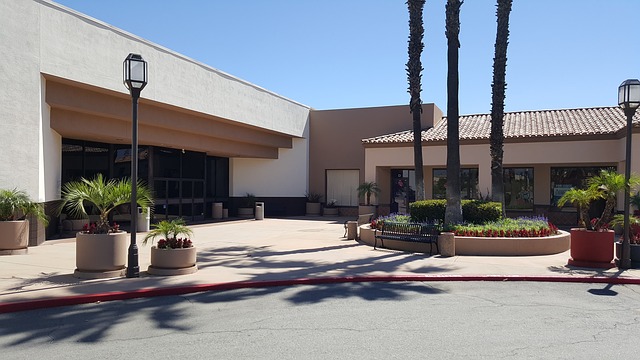The Monopoly Technique – How To Build Value By Acquiring Adjacent Properties
 Have you ever played the classic board game called Monopoly? The object of the game is to collect all the properties until one winner bankrupts all the other players. The other part of the game is that accumulating properties adjacent to each other increases the value of the individual properties. When a player acquires all the properties of the same color (two or three), then the rents go up and property development can begin.
Have you ever played the classic board game called Monopoly? The object of the game is to collect all the properties until one winner bankrupts all the other players. The other part of the game is that accumulating properties adjacent to each other increases the value of the individual properties. When a player acquires all the properties of the same color (two or three), then the rents go up and property development can begin.
The Monopoly Game In Real Life
The same basic principles sometimes work in real life. Owning a property and then buying the one next door creates a value-added possibility of the combined properties being worth more than the individual pieces.
To start this strategy, tell the neighbors of having an interest in buying their home in the future if they want to sell. This is a way to get the first option to buy a home before it lists on the market.
Control Of The Neighbors Adds Value
In many neighborhoods, there is one home that creates severe negative pressure on property values. These homes may be neglected and badly needing a paint job and landscaping. The home may be a source of neighborhood noise problems or heavy traffic.
When considering buying into this neighborhood, make a plan to buy the derelict house. Then, before bringing it back into a marketable condition, there may be a chance to buy the ones next door for a steep discount from the market value.
If possible, buy all the properties at once and close them around the same time. This helps avoid triggering a profit demand from those who are opportunistic and learn about the interest of a buyer in more than one property.
Cashing Out
If possible, buy three houses, one of each side of the derelict house, then renovate all three properties. Make them into rental units or to sell them as a “flipped” property after the renovation for a big profit.
If there is the possibility of controlling a full block on both sides in a rundown neighborhood, it is possible to start with one block of home improvements at a time. Entire neighborhoods may improve one block at a time.
Redevelopment
In some neighborhoods, there is a chance of re-zoning and redevelopment. For example, it may be possible to build a larger structure by combining two properties. There is profit possible in assembling the land for redevelopment purposes, even for those who do not do the construction for the redevelopment.
Summary
Playing Monopoly in real life can make investing in real estate fun. It is possible to start with a few low-cost rental homes. For rental properties, it makes it much easier to manage them if they are next to each other. Values may increase in the neighborhood by the renovation of a derelict house.
If you are intested in refinancing your current property or in the market for a new home, be sure to contact your trusted home mortgage professional!

 How does an average homeowner become a real estate investor? Certainly, owning a home is an investment in real estate. However, this guide discusses the next step for many to become a real estate investor. This is to buy another property and use it for a commercial purpose. Owning another home is less of a burden when an investor finds a way to make the home pay for itself.
How does an average homeowner become a real estate investor? Certainly, owning a home is an investment in real estate. However, this guide discusses the next step for many to become a real estate investor. This is to buy another property and use it for a commercial purpose. Owning another home is less of a burden when an investor finds a way to make the home pay for itself. Renovations that create a multi-use property or the development of a new multi-use project can be a very attractive investment especially in urban areas that are undergoing redevelopment. The concept of multi-use is to make the most of the site that is revitalized or developed.
Renovations that create a multi-use property or the development of a new multi-use project can be a very attractive investment especially in urban areas that are undergoing redevelopment. The concept of multi-use is to make the most of the site that is revitalized or developed.